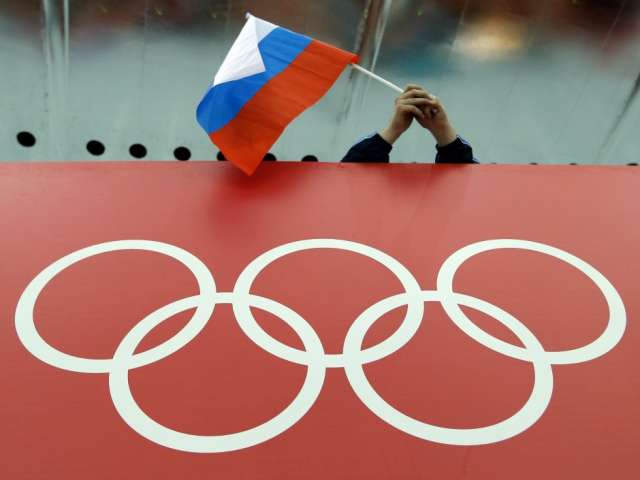World Anti-Doping Agency’s latest ruling might keep Russia out of another Paralympics

The World Anti-Doping Agency’s compliance review committee has recommended to the organization’s leaders that they not recertify Russia — meaning the country would remain noncompliant with global sports’ accepted anti-doping code — according to two people with knowledge of the committee’s ruling.
If the agency follows the committee’s counsel, the decision could result in Russia continuing to be barred from major events like the New York City Marathon, the world track and field championships and the Paralympics. The international governing bodies for track and field and the Paralympics have said they will not restore Russian athletes’ eligibility in their events until WADA has recertified the country’s anti-doping agency.
The anti-doping agency’s leaders will meet in Seoul, South Korea, on Thursday and are likely to announce then that Russia remains noncompliant. While the designation of noncompliant directly affects Russia’s sovereignty over its anti-doping program, it is largely a symbolic gesture. The anti-doping agency does not have the authority to bring penalties against Russian athletes.
With less than three months before the Winter Games in Pyeongchang, South Korea, the International Olympic Committee is weighing how to handle Russia’s eligibility for the games. The committee’s top leaders are expected to announce a decision Dec. 5.
Russia’s national anti-doping agency did not immediately respond to a request for comment.
The World Anti-Doping Agency first declared Russia noncompliant in 2015. The agency later issued what it called a road map to compliance. Among several requirements: Russian anti-doping authorities must publicly accept the findings by the Canadian lawyer Richard McLaren, whose investigation determined that Russia’s cheating schemes implicated about 1,000 athletes across 30 sports who competed in global competitions from 2011 to 2015; and the Russian government must provide access to stored urine samples in the Moscow laboratory.
Russia has not fulfilled either of those demands yet. Russian officials have cited a continuing investigation by its own government for refusing WADA access to lab samples and data.
In this Feb. 18, 2014, file photo, a Russian fan holds the country’s national flag over the Olympic rings.





